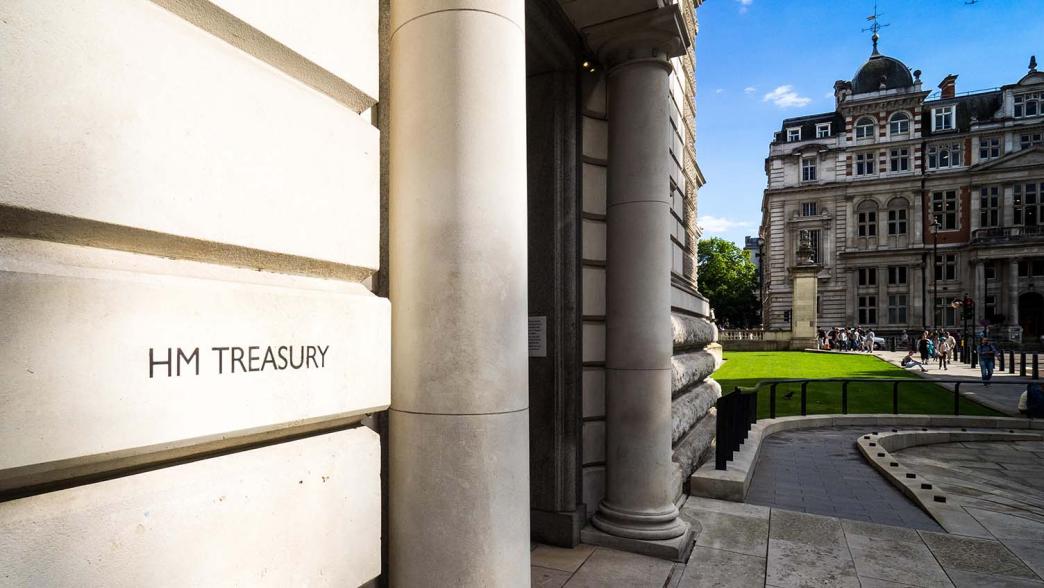'How to' guide
Working with the Treasury
Ministers have to work with the Treasury to achieve their goals.

IfG Academy
We help those working in government to improve it, and those outside government to understand and engage with it.
Find out more